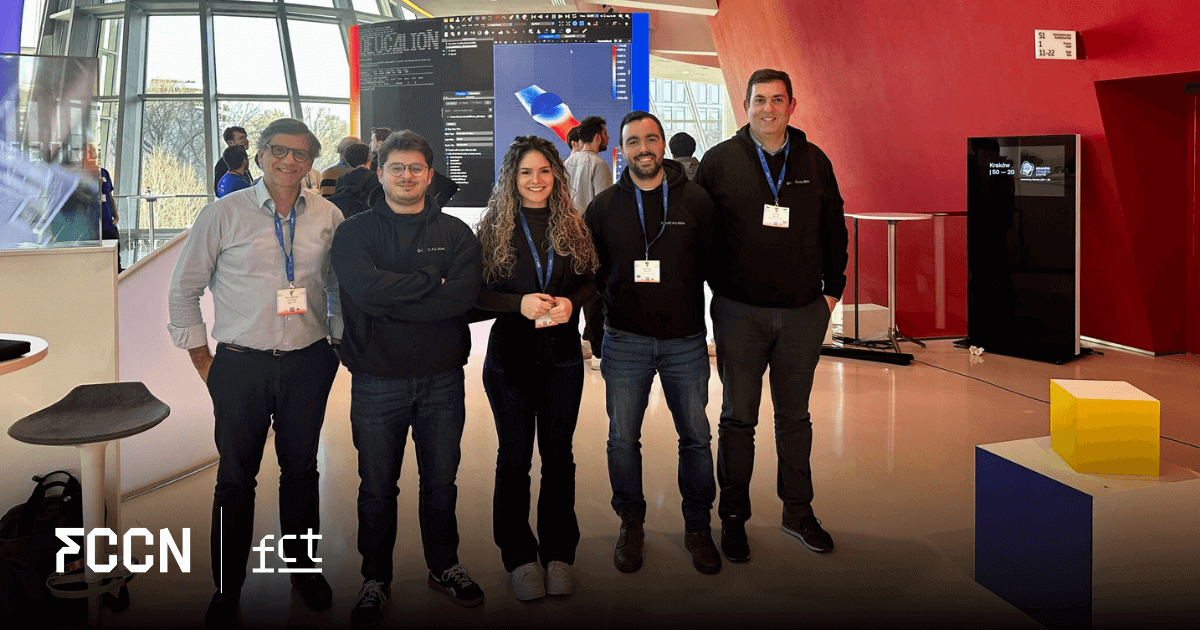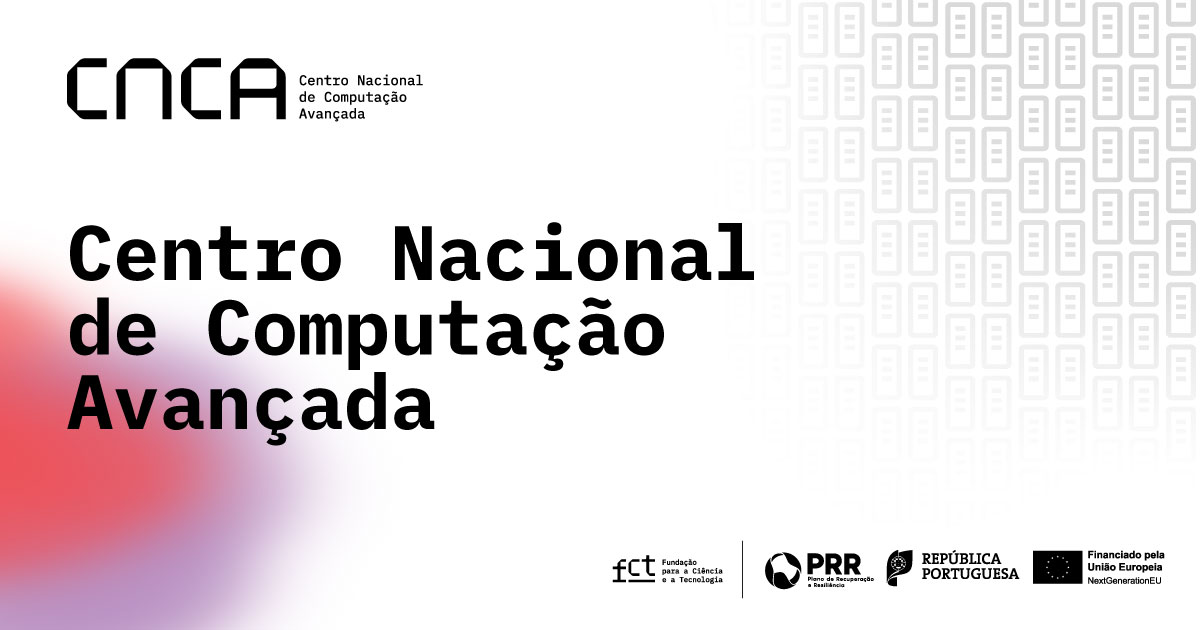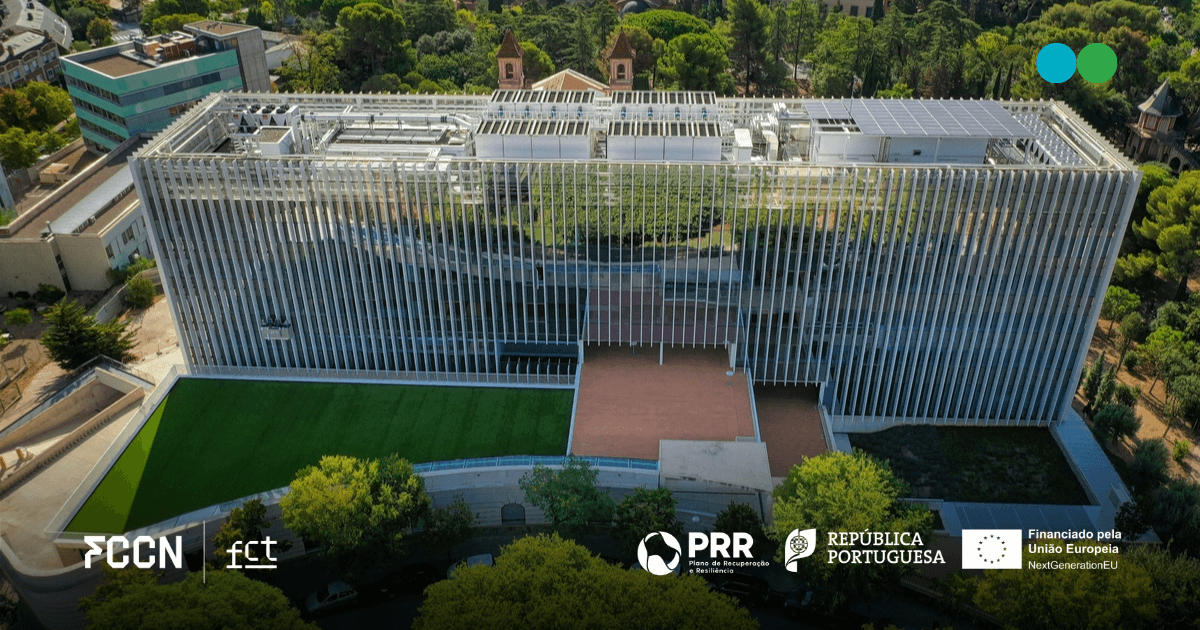

João Nuno Ferreira, general coordinator of FCCN, the digital services unit of the Foundation for Science and Technology, spoke about advanced computing and the investment made to make Portugal competitive and in line with European strategy.
Topics in this article:
Portugal has taken important steps to strengthen its advanced computing infrastructure. How do you assess the impact of the Deucalion supercomputer and the collaboration with MareNostrum 5?
The operationalization of Deucalion represents the end of a gap of more than 30 years in the provision of shared central High Performance Computing (HPC) resources in Portugal. During this period, there were some very important initiatives in distributed computing and in computers in higher education institutions, but Deucalion represents a great leap forward in HPC capacity. In addition, the resources in MareNostrum 5 have made it possible to ensure a broader and more complete portfolio of services for more advanced users. Collaboration with Spain, which has proved fundamental, also included Deucalion, although more in the technical and institutional support component.
Investment in Artificial Intelligence (AI) and access to HPC systems are fundamental for Portugal to be aligned with the European strategy for the digital and sustainable transition. What kind of projects have been supported by national infrastructures?
The community has been very supportive since the first Computing Projects Calls in 2021. By the end of 2025, 612 projects had been approved, covering 94 entities throughout Portugal, including the autonomous regions, and covering all areas of knowledge. Of these projects, around 140 refer to or use AI techniques.
Portugal's application to the AI Future Factories is a significant opportunity to position the country as a leader in AI in Europe. What does this initiative consist of and how important is it for Portugal?
It's an opportunity to be among the leading countries, since no European country alone will be able to have the relevance of other economic regions, such as the US or China. That's why the European Commission has put the development of AI Factories at the top of the political agenda, as accelerators of AI-based innovation for European SMEs and startups . The AI Factories will have several pillars, namely data, software, support services, computer systems and training.
The creation of the National Center for Advanced Computing in Portugal is now a reality. What role does FCT play in the management of this center?
FCT is closely linked to the new center, since it ensures the operation of the national computing platforms owned or supported by FCT. This is therefore a close and ongoing relationship. The creation of the National Centre for Advanced Computing is funded by the Recovery and Resilience Plan (PRR) and aims to reorganize the country's existing advanced computing centers and networks into a single entity.
Portugal has evolved from a peripheral user to a strategic player in HPC and AI. What are the next steps to ensure that the country continues to attract investment and remains competitive on the international scene?
The central challenge is always the qualification of human resources. We need not only to develop and consolidate the core teams operating and supporting these new digital services, but also to train and support users in order to bring the potential of these resources to more agents of innovation and research. This is fundamental if we are to continue to be relevant active partners in this area, benefiting from the investments and competitive advantages created by AI.












